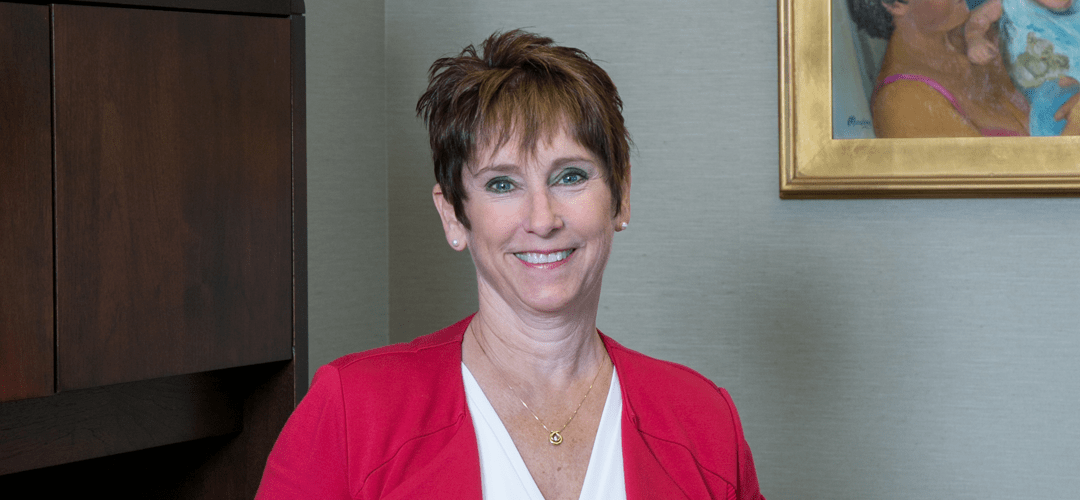In December of 2015, the Federal Reserve hiked interest rates for the first time since 2006. While that hike was modest, many believed it to be the first of many that would take place over the next couple of years. In light of Brexit and weaker than expected jobs reports, that may no longer be the case. Sandy Furuya, Senior Accounting Manager at [Wamhoff Accounting Services] explains.
About Interest Rates and the Fed:
- After the economic crisis of 2008, the Fed adopted a policy of lowering interest rates as a way to help the economy as interest rates have an impact on the stock market, bond markets, inflation and consumer spending.
- We’re currently at near-zero interest.
- In December when the economic outlook appeared more favorable, the Fed made a modest increase in rates. Many anticipated that those increases would continue.
- In fact, any announcements or anticipation of interest rate changes can impact the overall economy.
Interest Rates – Going up or down?
- Many analysts predicted at least two more rate hikes in 2016. The markets were operating in anticipation of these hikes.
- In May, 2016, a weak jobs report, stating that only 38,000 jobs had been added to the economy created uncertainty. On June 23rd, the UK voted to exit the European Union, sending an impact to US and global markets.
- Economists now believe that the Fed will revert back to a state of “inaction,” neither raising or cutting rates in the foreseeable future.
- Many are pointing to 2018 as being the first possible point at which rates may rise.
- Some are anticipating that the Fed will cut rates again, although since we’re near zero, it will be minimal.
What is the impact of cutting the interest rates to the average investor?
- Lower interest rates can be a good thing in the short term. It’s makes borrowing money to buy things more accessible, which stimulates the economy.
- Mortgage rates are at an all-time low. This makes investing in real estate – residential or commercial – favorable. It’s a good time to buy a new home, a second home, investment property, commercial property, or even refinance to do home improvement project or pay off higher interest debt.
- On the flip side, bank accounts, pension funds and investments don’t grow as quickly as they would in normal economic conditions, which impacts savings and retirement funding.
- Your savings (especially long term savings) must at least keep up with the rate of inflation. The Fed has some control in that changing interest rates can impact inflation, much as it did in the early 80s when inflation was at 14%. They raised interest rates to 20%, which caused a recession but halted the inflation.


